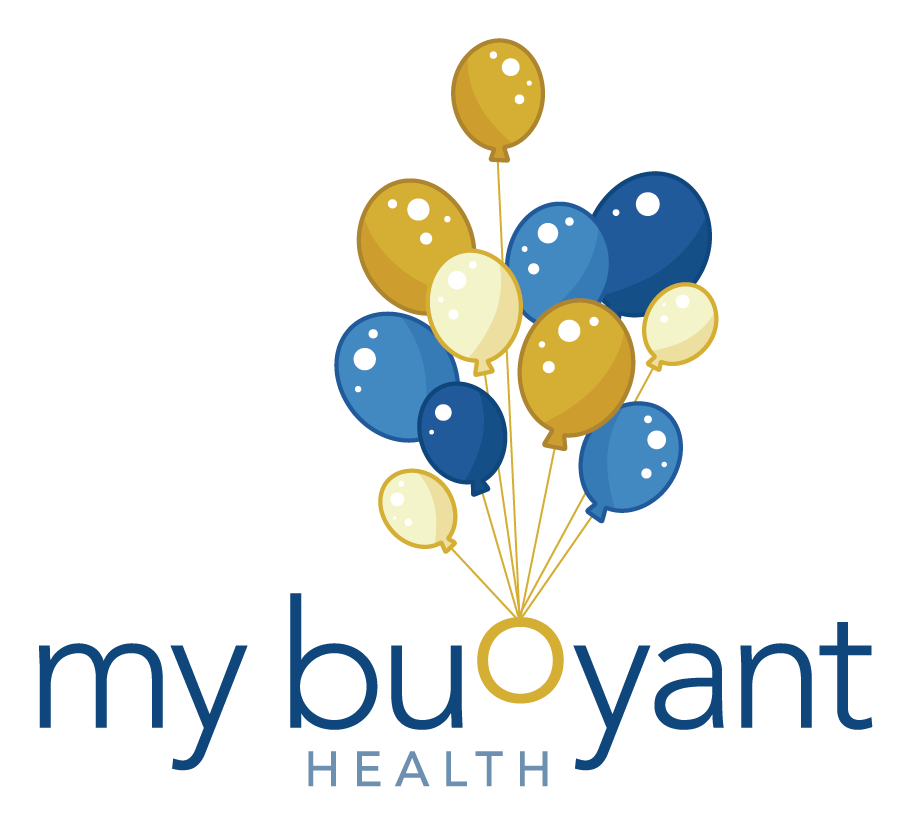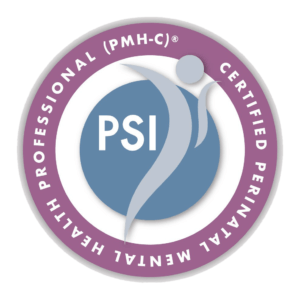
Everyone may experience sadness, grief, or loss at some point in their life. However, depression is a severe form that can last for an extended period and disrupt your normal life activities.
Depression manifests in various ways, and clinical depression (also known as major depressive disorder) is one of its most common forms. Clinical depression is a complex and chronic illness that can take an incredible toll on your life. Often, those who suffer from depression do not realize that they do because they confuse it with feelings of regular sadness.
In this blog, we will discuss six clear signs that can help you determine if you are suffering from clinical depression.
Major Depressive Disorder
Clinical depression is more than just feeling sad or going through a difficult time. It is the most severe form of depression and can affect every aspect of a person’s life, including their physical health, relationships, and work.
Although it can affect anyone, clinical depression is more prevalent among women and people assigned female at birth.
Major depressive disorder has several subtypes. Each subtype has its unique characteristics, which can impact how it is diagnosed and treated.
Some of the most common subtypes include seasonal affective disorder, prenatal and postpartum depression, and atypical depression.
Seasonal Affective Disorder (SAD)
Seasonal affective disorder, often abbreviated as SAD, is a subtype of clinical depression that occurs at the same time each year, usually in the fall and winter months when daylight hours are shortest.
It is believed that the reduced level of sunlight in fall and winter may cause winter-onset SAD by disrupting your body’s internal clock, which can lead to feelings of depression.
Symptoms of seasonal depression can include:
- Feeling depressed for most of the day almost every day
- Having low energy
- Losing interest in nearly all the activities you once enjoyed
- Experiencing changes in your appetite or weight
Postpartum Depression
Postpartum depression (PPD) happens after childbirth. This subtype of clinical depression is believed to be triggered by physical and hormonal changes, alongside the psychological adjustment to parenthood.
Postpartum depression symptoms can include persistent sadness, irritability, anxiety, and fatigue. It is important to note that many women experience “baby blues”–brief bouts of mood swings and crying spells–but when symptoms are severe and long-lasting, it may be PPD.
Atypical Depression
Despite its name, atypical depression is not uncommon. This subtype of clinical depression is characterized by a specific symptom pattern, including a temporary improvement in mood in response to positive events. Other symptoms can include:
- Increased appetite or weight gain
- Sleeping too much
- Feelings of heaviness in your arms and legs
- Being overly sensitive to criticism
Atypical depression can be challenging to diagnose as the symptoms can overlap with other mental health disorders.
Symptoms of Clinical Depression
According to the American Psychiatric Association (APA), if a person experiences at least five of the following symptoms most of the day, nearly every day, for at least two weeks, they have clinical depression:
1. Feelings of Sadness, Hopelessness, and Helplessness That Last for Weeks
Feeling sad or blue now and then is normal. However, if you find yourself feeling sad, hopeless, and helpless for no clear reason for more than two weeks, it may be a sign of clinical depression. These feelings could get worse over time.
2. Persistent Loss of Appetite or Eat More Than Usual
Depression affects both your emotional and physical well-being. You might experience changes in your appetite, such as eating more than usual or having no desire to eat at all. Changes in your appetite could lead to sudden weight gain or loss, which could worsen your depression.
3. Difficulty Sleeping or Sleeping Too Much
Insomnia or sleeping excessively is another sign of depression. You might find it challenging to fall asleep, stay asleep, or feel rested after sleep.
Depression can change your sleep pattern and make you feel fatigued and low on energy in the morning or throughout the day.
4. Low Self-Esteem or Feelings of Guilt
Depression could affect how you see yourself and your self-worth. You might become excessively self-critical or doubt your abilities. You might also feel guilty about things that you are not responsible for, leading to self-blame and feelings of shame.
5. Loss of Interest in Activities
A significant sign of clinical depression is losing interest in activities you once enjoyed, including social activities and hobbies. This could be anything from reading, painting, playing a sport, to meeting friends, or going out. You may find these activities exhausting or derive no pleasure from them.
6. Recurring Thoughts of Death or Suicide
Depression can often make life feel unmanageable, leading to recurring thoughts of death or suicide. Whether you are contemplating it or just have a preoccupation with death, it is important to take these thoughts seriously. If you are experiencing thoughts or feelings of suicide, contact The Suicide & Crisis Lifeline immediately by calling or texting 988 or use Lifeline Chat.
After receiving urgent medical attention from emergency room or Suicide & Crisis Lifeline, it is important to see a skilled and experienced mental health professional for comprehensive psychiatric evaluation and personalized treatment.
Clinical Depression in Phoenix, AZ
Depression is a treatable condition, and seeking professional help can help you manage it effectively. Identifying the signs of clinical depression is the first step in seeking treatment.
If you have noticed any of these six signs in yourself or someone you know, do not hesitate to contact us here at My Buoyant Health. At our mental health clinic, we regularly treat patients with mental health problems, such as anxiety, depression, bipolar disorder, ADHD, eating disorders, mood disorders, and others. Our mental health therapist uses personalized, evidence-based methods, such as talk therapy, medication, lifestyle changes, and a supportive network to treat patients with depression. We also offer SPRAVATO for treatment-resistant depression.
If you would like to make an appointment with us, call today at (602) 510-6582 or request an appointment with us online.




